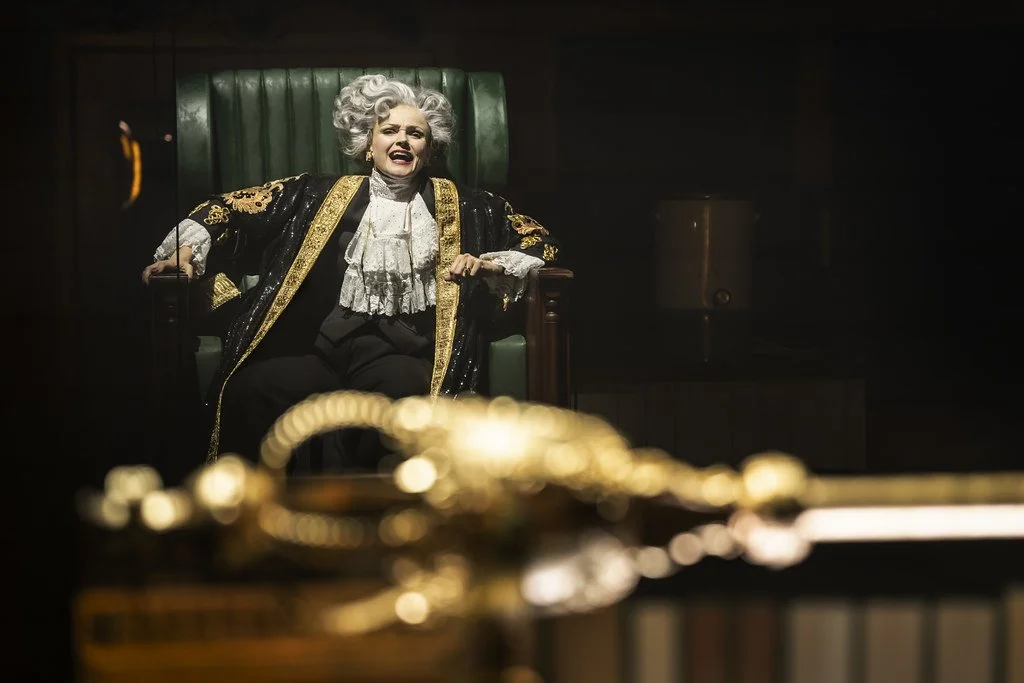Women in Online Gaming: How We’re Breaking Through A Male-Centric Field
by Louise Pearson
Common perceptions of video games say that males dominate the industry but the numbers point otherwise. According to statistics reported by The Gamer, 48% of people who play games identify as female, with trends showing a steady rise in female players. However, despite this progress, there are still gender gaps to be filled.
In the global game-developing industry, only 24% of game devs are women, which contrasts with the existing player base.
As a result of this disparity, video games often appeal to male preferences and have limited female character representation. This imbalance is evident in online gaming spaces, especially within esports. As many as 62% of female esports fans feel that brands don’t market to them, despite women contributing to almost half the $174.9 billion market. Fortunately, more and more women are rising to break through this male-centric field and combat the gaming gender gap.
Rise of women-oriented gaming communities
Being a female gamer can be extra challenging when facing rude, hostile, or unsupportive male counterparts. We know that 97% of women in the UK have been sexually harassed at least once — and this culture permeates online spaces as well. Refinery29 found that 77% of female gamers have reported experiencing gender-specific discrimination, with many choosing to turn off their mics and stop verbal communication to protect themselves from online harassment.
For these reasons and more, women-oriented gaming communities have emerged to promote inclusivity and respectful gaming. One such platform is Paidia, a digital gaming portal that denounces abuse and works towards providing a safe environment where people can enjoy online games together. Through this women-led space, Paidia can set a standard for how people should be treated. As a result, they can influence the wider gaming industry to work towards creating a more inclusive community.
Increase in female-led gaming companies and female gaming developers
Aside from participation in gaming itself, the game development industry is also seeing an increase in female involvement. From game programmers to managerial positions, more women are taking on roles that were initially dominated by men. And this shift is changing the industry.
LHH outlines how diverse leadership – in terms of gender, nationality, and ethnicity – often leads to higher performances within companies. It’s also true that a diverse team can improve aspects of decision-making, which can introduce new elements and mechanisms into a video game.
Multiplayer online battle arena (MOBA) games, in particular, could benefit from a more diverse team of developers. These games, such as Arena of Valor, regularly add new heroes to their rosters. If we hope to represent a truly diverse gaming industry, these games must rebalance the current ‘meta’ that underpins the male-orientated status quo.
Ascent of women role models for gamers
While a significant number of women are already playing video games, they are less visible in the public online gaming scene. To combat this lack of diversity, gaming organisations are moving away from the inherent bias associated with players’ gender. Instead, companies increasingly focus on skill, talent, and brand fit when working with e-gamers and gaming influencers.
A notable example is esports organisation G2 Esports, which has recently launched its new all-female League of Legends team. This team is paving the way towards mixed major leagues and greater visibility for women in esports.
In addition to formal teams, women have also grown to transform the live-streaming scene. Through broadcasting platforms such as Twitch and YouTube, women can communicate with their audiences and show off their gaming skills. Having gained a stage, these women can finally serve as inspiration and role models for other female gamers within the gaming community.
Whilst stereotypes still pervade the industry, these progressive steps are encouraging women to occupy the online gaming space. In time, we can hope to see an equal balance of representation, with both men and women prominently visible in game competitions and development.
Louise Pearson is a freelance writer. She is passionate about helping people understand topics like women’s issues and technology through her work. In her spare time, she enjoys reading and spending time with her two Huskies.





